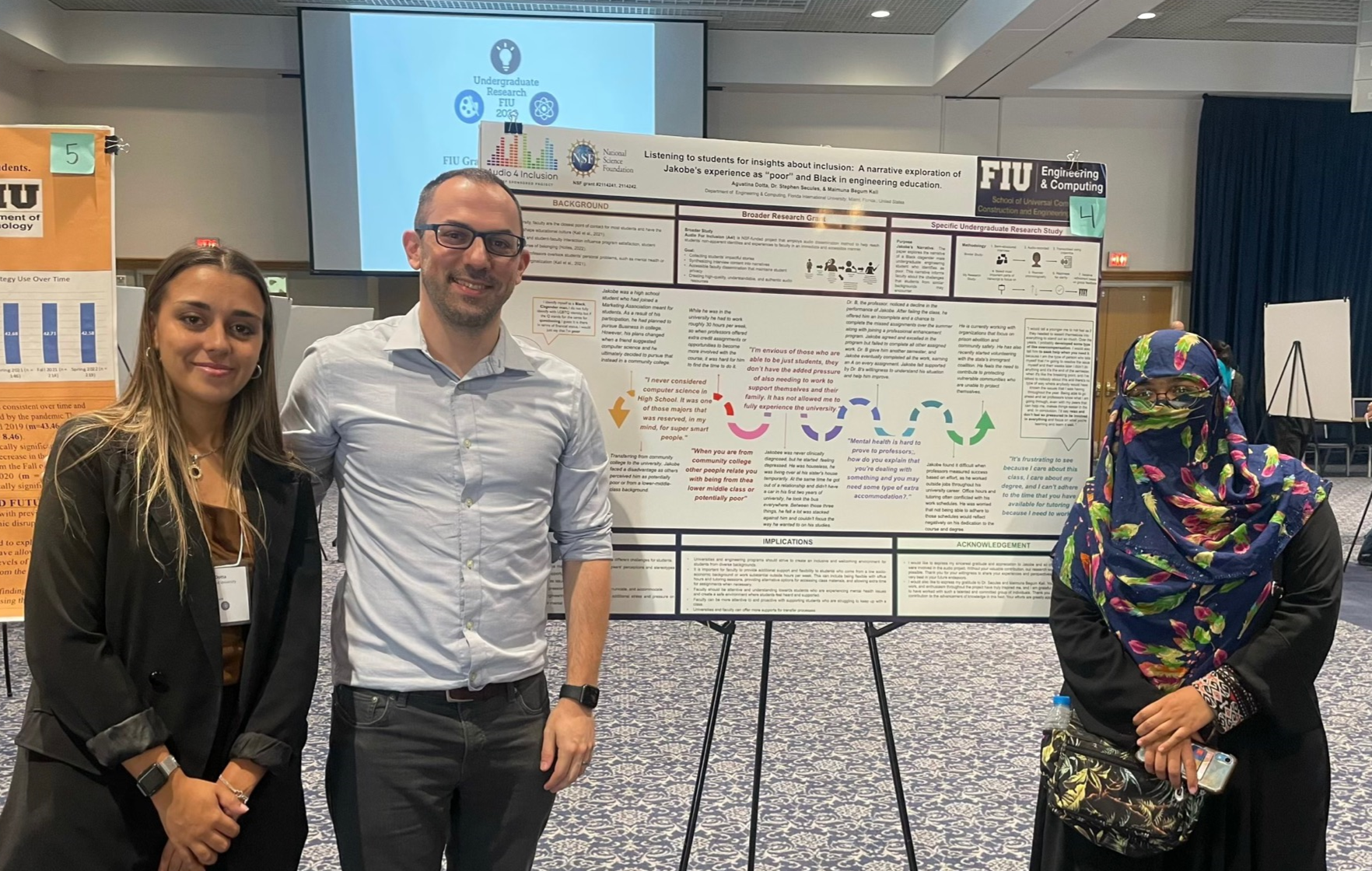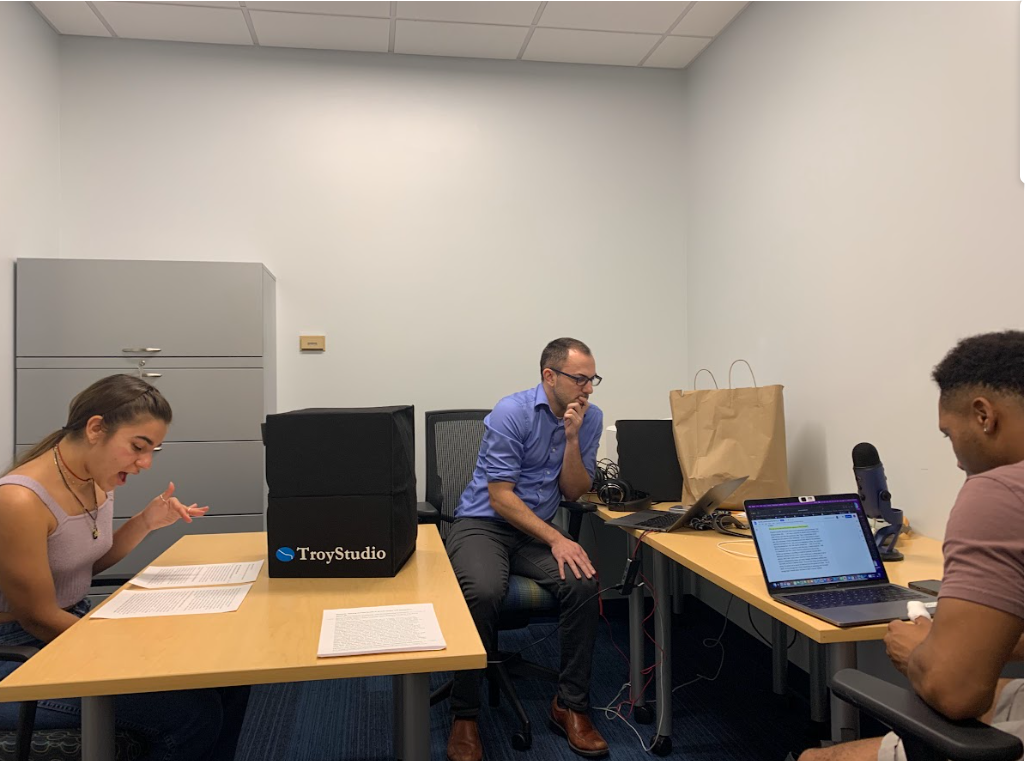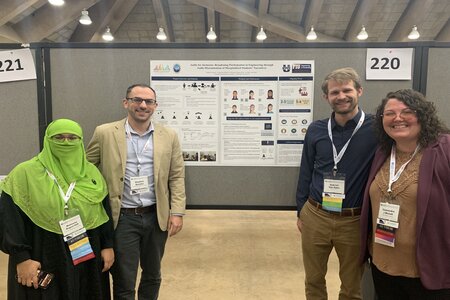Audio For Inclusion: Uncovering Marginalized Student Narratives to Provide Insight to Faculty on the Known Unknowns of Inclusion
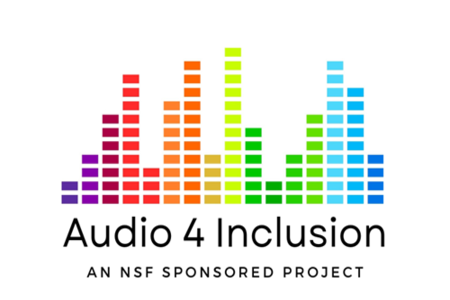
Project Overview
This novel qualitative research project brings the experiences of diverse engineering students directly to faculty through edited audio interviews. We will conduct interviews with a variety of minoritized identity engineering students nationwide, and create scripts to synthesize their experiences. Next, we will have FIU Theatre students read the scripts to re-record an anonymized audio version of the original student narrative. Using a Narrative Dissemination Survey we will test the audio resources with faculty nationwide to see the impact on their empathy and understanding.
Impact
Faculty who listen to the audio has great potential to gain reflective awareness of the student experiences that can create more inclusive classrooms. The novel and scalable dissemination approach developed in this study will be sustained through the creation of a widely distributed podcast called Audio for Inclusion, hosted by the PIs. The final versions of edited audio files generated in this study will be incorporated into faculty development workshops at select universities and archived as resources on the ASEE Diversity Committee’s web and YouTube pages.
Team
Stephen Secules
Maimuna Begum Kali
Dr. Cassandra MccAll (USU)
Funding Agency
National Science Foundation
NSF Award #2114241
If you can’t find the information you are looking for on our website, contact us to find out more about us!
Email: audio4inclusion@gmail.com
Student Narratives
George
Transgender Man with ADHD concerns
Amber
A Transracial adoptee from China with anxiety and depression
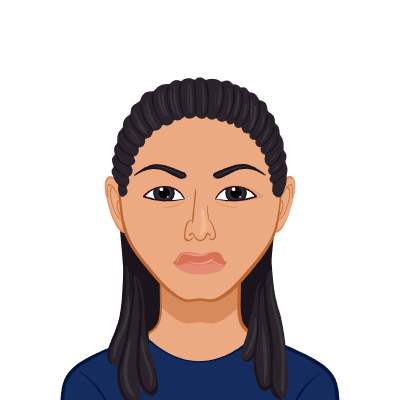
Enola
An Indegenous woman with Hispanic Ancestry
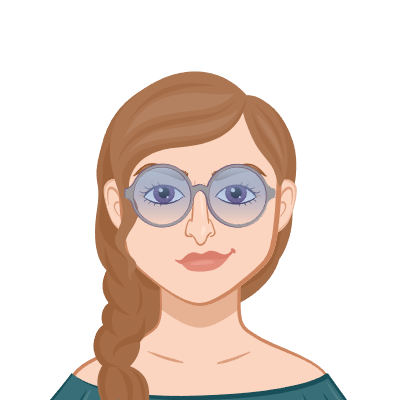
Jane
A white woman with diagnosed anxiety, depression, autism and chronic shoulder pain
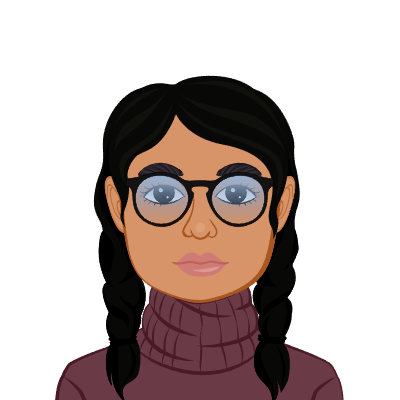
Srihari
An Asian international woman with epilepsy
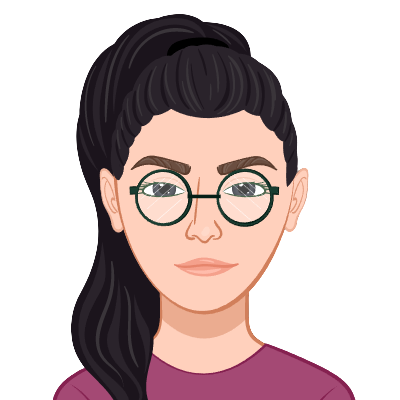
Sophie
A White-passing mixed-race woman
Publications
Conference
- Kali, M. B. & Secules, S. (2023). Identity Dilemmas, Cultural Homelessness and Intersectionality: A Discourse Analysis of the Experiences of a Female Undergraduate International and Transracial Adoptee in Engineering (Research). Paper and presentation in American Society for Engineering Education Annual Conference: MIND Division. Baltimore, MD.
- Van Dyke, G., McCall, C., Secules, S. & Kali, M. B. (2023). Narratives of Identity Coherence and Separation in the Figured Worlds of Undergraduate Engineering Education. Paper and presentation in American Society for Engineering Education Annual Conference: Equity Culture and Social Justice in Education Division. Baltimore, MD.
- Secules, S. et al. (2023). Audio for Inclusion: Broadening Participation in Engineering Through Audio Dissemination of Marginalized Students’ Narratives. Paper and poster in American Society for Engineering Education Annual Conference: NSF Poster Session. Baltimore, MD.
- Secules, S., Kali, M. B., & McCall, C. (2022). Audio Dissemination for Qualitative and Broadening Participation Research: Lessons Learned and Future Possibilities. Paper presented in the Education Research & Methods Division of ASEE. Minneapolis, MN.
Workshop/Talk
- Reflecting on positionality in your research to expand your impact. Invited talk at Arizona State University’s engineering education seminar. March 2023.
- Reflecting on Positionality to Re-envision Our Impact in Equity Research and Practice. Workshop offered to NSF Engineering Education and Centers (EEC) Grantees Conference. September 2022
- Adapting Traditional Diversity Research to Promote Understanding and Change:
The Example of the Audio for Inclusion Project. Invited talk at University of Maryland engineering education research group. June 2023. - McCall, C. & Secules, S. (2022). Being the Change: Designing Research and Practice Efforts to Promote Equity and Inclusion in Engineering Education, ASEE Education Research & Methods Division
Journal
- Secules, S. & McCall, C. (2023). What Research Can DO: Rethinking Qualitative Research Designs to Promote Change Towards Equity and Inclusion. Studies in Engineering, 4(1), 26–45. https://doi.org/10.21061/see.96
 Florida International University
Florida International University
